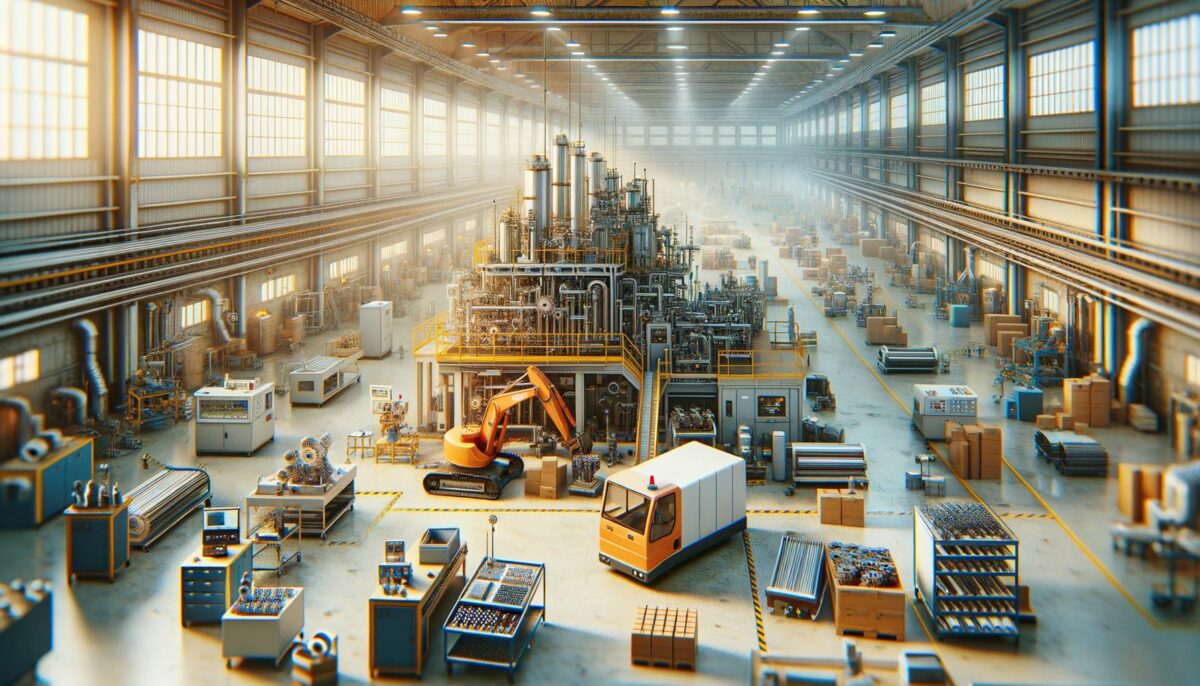The Importance of Manufacturing Jobs in the Economy
Manufacturing jobs play a crucial role in the economic framework of any nation. They serve as the backbone of industrial growth, providing employment opportunities and contributing significantly to GDP. The vitality of manufacturing is evident in its capacity to produce goods that are essential for daily life. This includes sectors such as automotive, textiles, electronics, and more. The diversity within manufacturing allows for various skill sets and expertise, which enhances the overall efficiency and productivity of the workforce.
Moreover, manufacturing jobs often spur innovation by continually optimizing production processes and introducing new technologies. They are integral in fostering a culture of development and research, leading to advancements that can be applied across different industry sectors. Therefore, manufacturing jobs are not just about production; they encompass design, innovation, and the implementation of eco-friendly practices.
Technological Advancements in Manufacturing
The manufacturing industry is witnessing a transformative era with the advent of technology. The introduction of automation, robotics, and artificial intelligence has redefined manufacturing processes. These advancements increase productivity and precision, reducing human error and enhancing the quality of products. Automation allows for continuous production cycles, which further boosts output.
The integration of technology in manufacturing leads to more specialized job roles that require new skills. For instance, professionals in this field may now need proficiency in data analysis and computer programming, as well as traditional manufacturing skills. This shift has prompted educational reforms, emphasizing STEM education to equip future workers with the necessary competencies.
The Future of Manufacturing Jobs
The future of manufacturing jobs is closely tied to sustainable practices. As consumers become more environmentally conscious, there is a rising demand for green manufacturing processes. This entails a transition towards using renewable energy sources, reducing waste, and recycling materials. Such changes are redefining manufacturing jobs, incorporating roles that focus on sustainability and eco-friendly innovations.
With the global focus on reducing carbon footprints, manufacturing firms are incorporating renewable energy, like solar and wind power, to fuel their operations. The shift towards environmentally sustainable practices has created new job roles and career paths, offering exciting opportunities in green technology and innovation.
Challenges Facing the Manufacturing Workforce
Despite the promising future, the manufacturing sector faces several challenges, particularly concerning workforce adaptation to new technologies. The skill gap is one of the most pressing issues, as existing employees may lack the skills required to operate advanced machinery or manage technological processes. This necessitates continuous training and development programs to ensure workers stay relevant and competitive.
Additionally, economic fluctuations and global trade policies can impact manufacturing jobs. Tariffs and trade agreements influence the cost of raw materials and the accessibility of international markets, which can have a ripple effect on employment in the sector.
Conclusion: Embracing Changes in Manufacturing Jobs
As the manufacturing landscape continues to evolve, it presents both challenges and opportunities for the workforce. Embracing technological advancements and sustainable practices can lead to job growth and sector resilience. Industries and educational institutions must collaborate to upskill workers, ensuring they are prepared for the demands of modern manufacturing.
The future is bright for manufacturing jobs, with endless potential for innovation and growth. By fostering a culture of learning and adaptability, the manufacturing industry can not only thrive but contribute to a sustainable and technologically advanced economic future.
